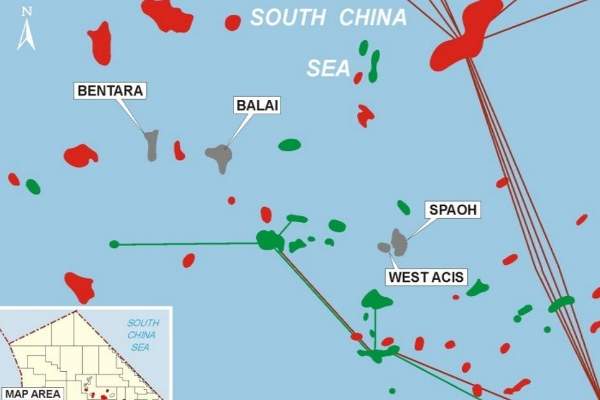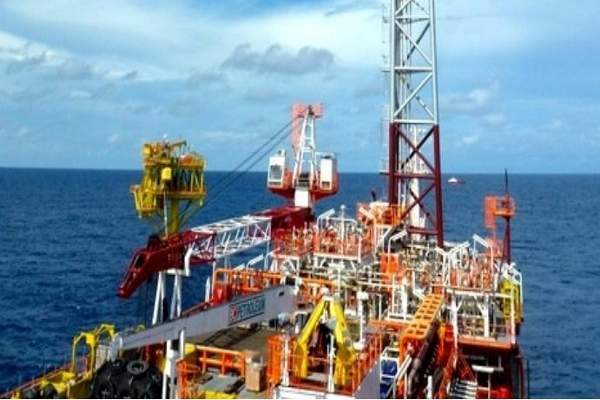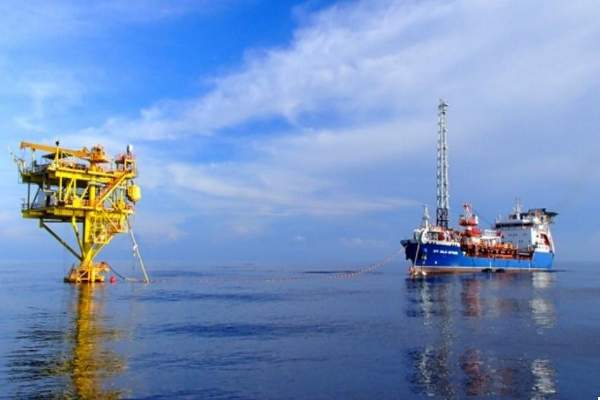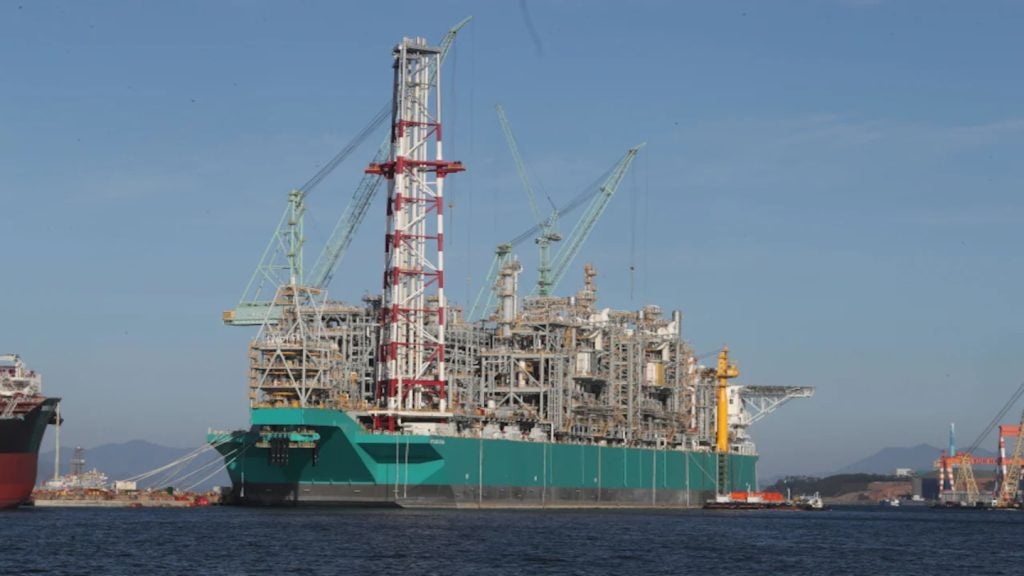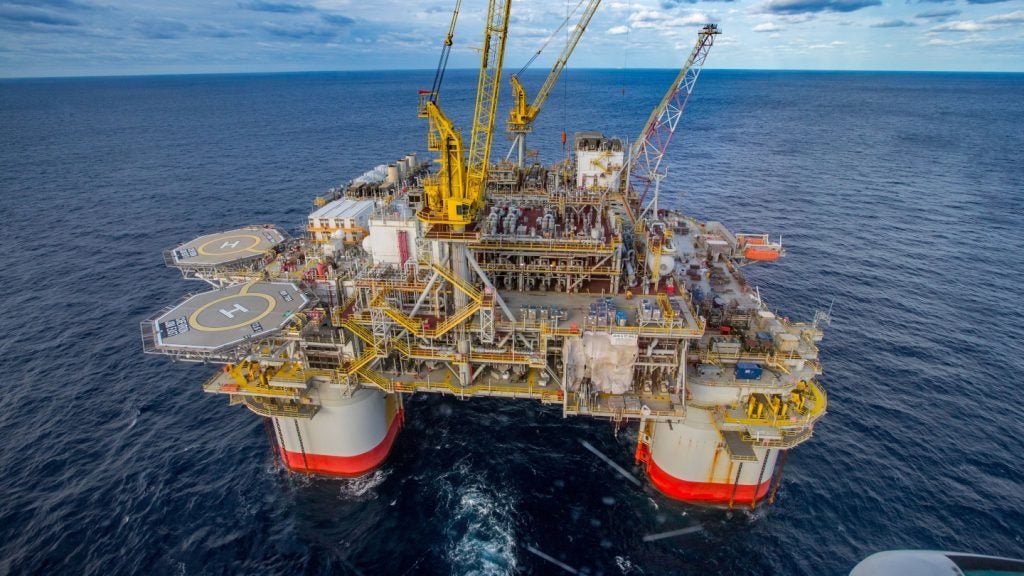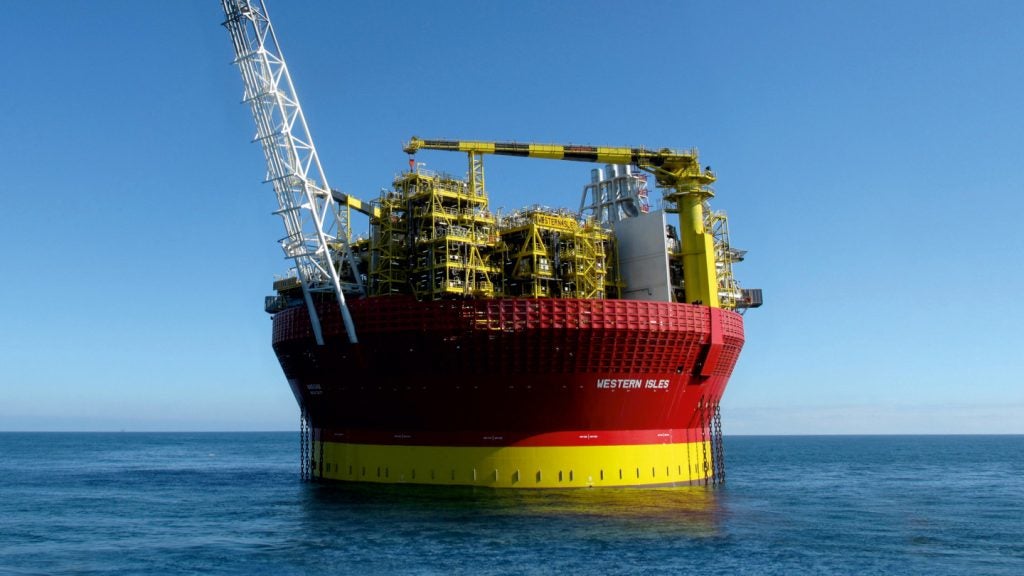
Balai Cluster project is located offshore Sarawak, Eastern Malaysia, around 130km northeast of Bintulu in water depths of around 60m. The offshore project comprises the development of four small oil and gas fields, namely Balai, Bentara, West Acis and Spaoh.
The Balai Cluster project is owned by Malaysia’s state-run oil and gas company Petroliam Nasional Berhad (PETRONAS). It is operated and managed by BC Petroelum (BCP), a joint venture of Roc Oil Malaysia (48%), DIALOG Group (32%) and PETRONAS Carigali (20%) a 15-year risk service contract (RSC) awarded in August 2011.
As of early 2014, the project is in pre-development phase. It will proceed to the development phase upon submission of the field development plans for all the fields. The project will start commercial production 24 months after commencement of the development phase.
Related contentOffshore in Asia As the Asian tiger economies continue to grow apace, demand for oil and gas in the region has never been greater. Dr Gareth Evans reports.
Balai Cluster project discovery and reserves
The Balai Cluster was discovered in February 2011 by the drilling of NC3 and Spaoh-1 exploration wells in Blocks SK316 and SK306 of offshore Sarawak. A number of appraisal drillings conducted subsequently confirmed around 100 million barrels of oil reserves and 0.2 trillion cubic feet (tcf) of gas reserves.
Balai Cluster project details and infrastructure
The Balai Cluster project will be implemented in two phases. The pre-development phase is known as Balai Cluster Phase-1, and the development phase is known as Balai Cluster Phase 2.
The pre-development phase started in mid-2011 and is estimated to involve an investment of $200m to $250m. It includes geological surveys, drilling and testing of five appraisal wells, and delivery of support facilities and equipment.
The development phase of the project, estimated to cost from $650m to $700m, will include drilling of additional wells and installation and commissioning of other support facilities.
The Balai Cluster facility will comprise of four lightweight Tarpon Guyed Caisson well-head platforms and an early production vessel (EPV) called EPV Balai Mutiara. The EPV will be equipped with well testing facilities and can accommodate 40 persons at a time. The storage capacity of the EPV will be around 50,000 barrels of oil.
Phase 1 development details
A well-head platform for each field was installed in mid-2012. The development drilling programme was completed in August 2013 with the completion of the Bentara-3 well, which was drilled to a total depth of 9,983ft. Balai-2, Bentara-2, West Acis-2 and Spaoh-2 were the other appraisal wells drilled before Bentara-3.
An extended well testing (EWT) programme utilising the EPV Balai Mutiara was initiated following the completion of development drilling to obtain additional production and reservoir performance information about the fields. The Balai field was the first to commence production in November 2013.
BCP submitted a field development plan (FDP) for the Bentara field to PETRONAS in December 2013, the approval of which is expected in the first half of 2014.
Financing for the Malaysian offshore project
The project received $162m from Sumitomo Mitsui Banking Corporation, Standard Chartered Bank and CIMB Bank Berhad (CIMB) in May 2012.
Roc Oil Malaysia has provided approximately $35m for the project. The final investment decision (FID) for the project is expected by the end of 2014.
Contractors involved
Keppel Shipyard delivered the EPV Balai Mutiara, which was converted from a ship tanker.

